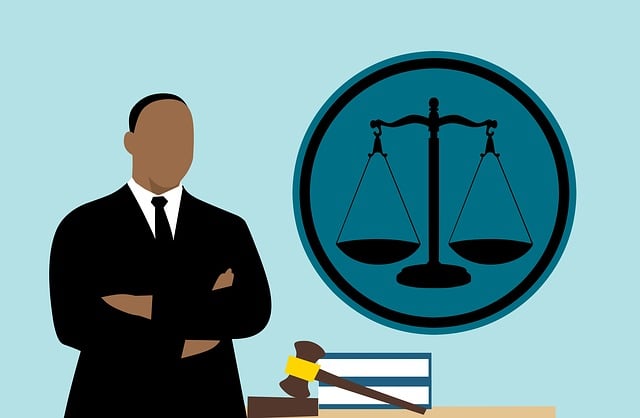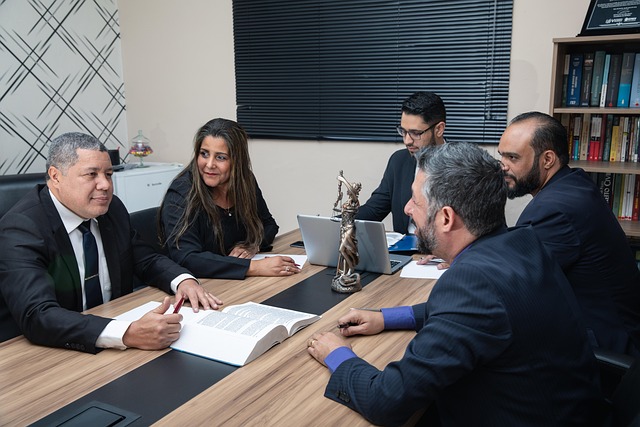Before accepting a low injury settlement offer, thoroughly understand your legal rights and options, consult with a qualified lawyer, weigh acceptance against potential higher awards, critically evaluate financial terms, consider evidence strength and risks, strategize in complex cases like caregiver abuse, review medical records, gather expert opinions, communicate needs clearly with insurers or responsible parties, present a compelling case, maintain calmness, persistence, and knowledge for a favorable settlement outcome.
Navigating an injury settlement offer can be daunting, but understanding your rights and strategic options is key. If the initial offer doesn’t meet your expectations, don’t panic. Evaluate the proposal critically, considering its strengths and weaknesses. By crafting a well-informed response, you can improve the settlement outcome. This step-by-step guide explores how to effectively negotiate your injury settlement, ensuring you receive fair compensation for your injuries and associated losses.
- Understand Your Rights and Options Before Responding
- Evaluate the Offer: Strengths and Weaknesses
- Craft a Strategic Response to Improve the Settlement
Understand Your Rights and Options Before Responding

Before reacting to a low settlement offer, it’s crucial to familiarize yourself with your legal rights and options in an injury settlement negotiation. This process can be complex, especially in cases involving auto accidents or even employment disputes. Consulting with a qualified auto accident lawyer is often beneficial; they can help you navigate these intricate details and ensure you’re not overlooking any potential avenues for a higher offer.
Understanding the specific dynamics of your case—including relevant laws, damages, and the other party’s position—enables informed decision-making during negotiations. In some cases, accepting a low settlement might be the best course of action, but it’s important to weigh this against the potential for a higher award in court or through alternative dispute resolution methods, such as mediation.
Evaluate the Offer: Strengths and Weaknesses

When evaluating a low settlement offer, it’s crucial to take a critical look at its strengths and weaknesses. Assess the financial terms offered in comparison to your expected or initial demand. Consider the factors that led to this offer—was it due to a lack of evidence in your favor, strong arguments from the other party, or potential future risks? Understanding these aspects will help you decide if the offer is worth accepting as-is or if negotiations should continue.
Injury settlement negotiations can be complex, especially when dealing with commercial disputes or real estate litigation. In cases like caregiver abuse, where emotional and physical well-being are at stake, it’s essential to consider not just monetary value but also the impact on your future. Weighing the pros and cons of each offer is a strategic move that can shape the outcome of your case.
Craft a Strategic Response to Improve the Settlement

When negotiating an injury settlement, it’s crucial to understand that a low initial offer is not the final word. Crafting a strategic response can significantly improve your settlement. Begin by thoroughly reviewing all medical records and evaluating the extent of your injuries, ensuring you have solid documentation to support your claim. This includes seeking expert opinions if necessary, which can strengthen your position during negotiations.
Next, communicate your needs clearly with the insurance company or responsible party. A personal injury lawyer can aid in this process by presenting a compelling case on your behalf. Presenting a well-reasoned argument, highlighting the impact of the incident (such as a slip and fall or medical malpractice), and demanding a fair compensation will often lead to a more reasonable settlement offer. Remember, staying calm, persistent, and knowledgeable is key to achieving a favorable outcome in injury settlement negotiations.
When facing a low injury settlement offer, understanding your rights and evaluating the proposal’s strengths and weaknesses is crucial. By strategically crafting your response, you can effectively negotiate an improved settlement that reflects the true value of your case. Remember, skilled injury settlement negotiation is key to securing a fair outcome.






